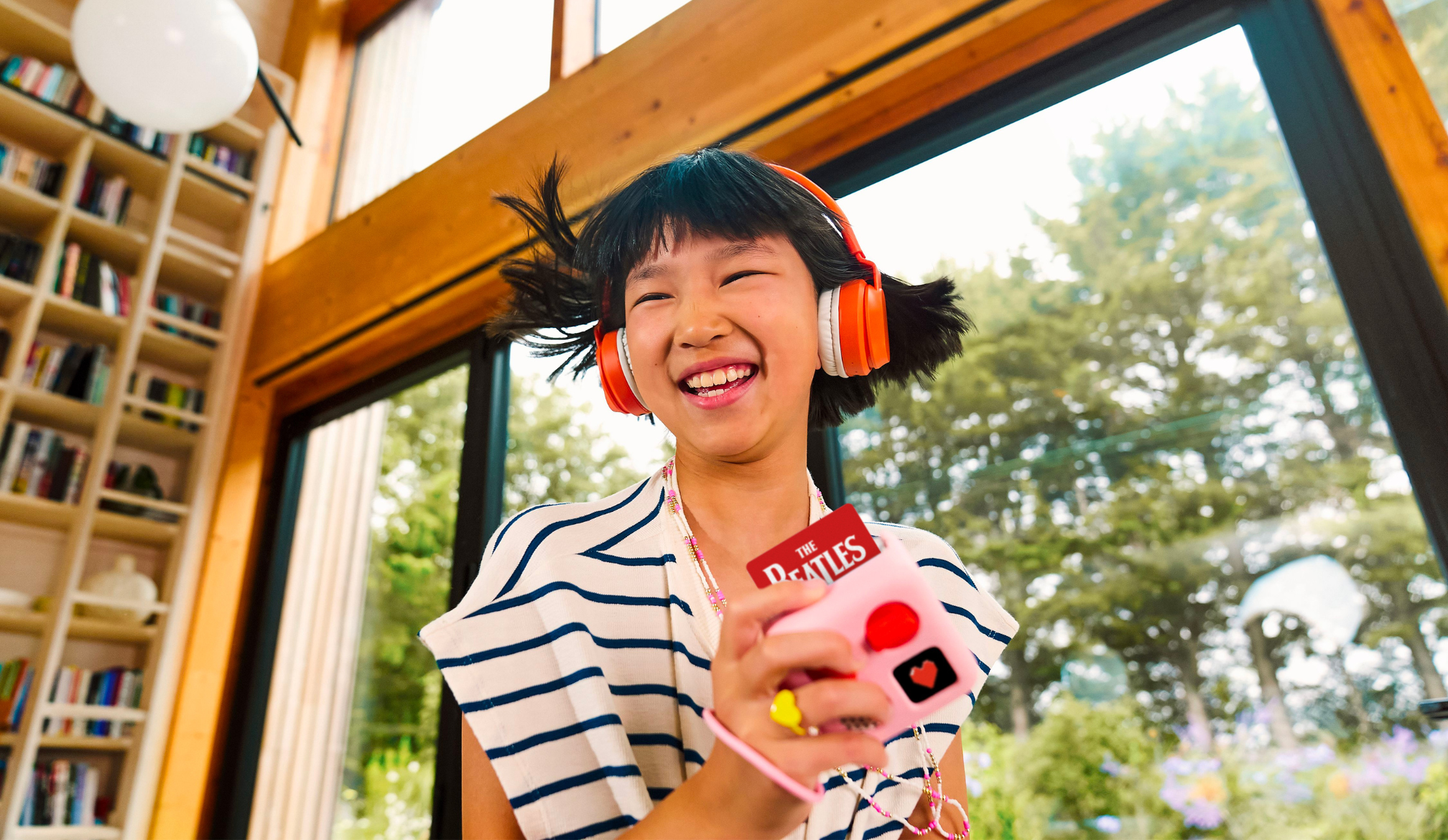'Just leave me alone!' Why staying connected to your teenager is tricky but important
- Written by Elise Woodman, Social Work Researcher and Lecturer, Australian Catholic University

Parenting teenagers can feel daunting. With high rates[1] of youth mental health diagnoses and persistent messages about adolescents’ desire for independence, parents and carers are searching for ways to support their kids and have a relationship with them.
Family connectedness – the sense of belonging and closeness that can be present in families of all shapes and sizes – can protect[2] young people’s wellbeing and mental health.
Feeling connected to family can provide[3] a stable foundation for positive development and building a sense of self. Family connection helps young people feel secure and supported at home as they cope with the changes of adolescence and explore the world and relationships around them.
But it’s not always easy to foster when the teenager in your life says they want you to leave them alone. Here are some ideas to try.
Pushing away but wanting connection
Our previous research[4] involved interviews with young people, who told us that although their words and actions sometimes push relatives away, they need and value time with family much more than we might realise.
Similar research[5] suggests young people still want family involvement, despite sometimes sending mixed messages. In 2020, 80% of 15–to-19 year olds surveyed[6] rated family relationships as very or extremely important.
Here’s what young people told us they wanted family to do.
1. Be present in their lives
Time with family members is important to young people. Connections are built by being engaged with your teenagers during the mundanity of life – while washing the dishes together, sharing meals or driving places.
Young people need to see you are genuinely interested in their lives. Ask open-ended questions and remember the important things they tell you. A good first step is putting away your phone[7] – yep, just like we keep telling them to.
Do not assume changes in their mood are just due to hormones or neurological shifts[8]. Teenagers in our research told us sometimes they hide away in their bedrooms because their parents are focused on work and not mentally present to connect with.
When life gets busy, be explicit that you value time with them and want more of it.
If you are not living with your young person, showing a consistent interest in their lives is crucial to maintaining your connection.
2. Share in each other’s interests
Common interests naturally support time together and engaged conversations.
Ask about the things they care about. Spend time together doing the things they enjoy – op-shopping, hiking, watching movies. Think about ways they can enjoy their interests at home – cook a meal or watch a movie together.
3. Value them for who they are right now
Young people want to feel valued as an important part of the family and have their individuality and ideas respected.
They are used to adult opinions being valued above their own and appreciate you taking their views seriously and being willing to change your mind.
Our research revealed different ways to show you respect and accept them. Young people want you to accept their friends, notice their strengths, and be trusted with subject and career choices. They definitely do not want to be compared to their siblings.
Read more: Why the tween years are a 'golden opportunity' to set up the way you parent teenagers[9]
4. Balance freedom and boundaries
For many young people, being given independence is a sign of trust and helps them feel more connected.
Even young people recognise they can be given too much independence and, in the long term, see reasonable boundaries as a sign of care.
Negotiate fair boundaries with your young person, develop mutually agreed consequences and talk things through calmly when things do not go to plan.
Read more: Teenage brains are drawn to popular social media challenges – here's how parents can get their kids to think twice[11]
You don’t have to do it alone
I often hear parents express guilt about how they parent. But parents are not solely responsible for family connection. Young people and the wider family also play an important role.
Supportive relationships with siblings, extended family and close friends extend their network of support. You can support and encourage these relationships with others by keeping communication open and suggesting opportunities to spend time together.
Read more: How can I help my teen quit vaping?[12]
Hang in there!
Do not let your idea of adolescent independence stop you from engaging with the young people in your life – they value staying connected[13] with family, even if they do not always show it.
Even if connections have become strained, most young people will be open to new efforts to connect. As they grow, you can think about moving towards interdependence and a more mutually supportive relationship.
And just like the younger stages of infancy and childhood, this too shall pass. As teenagers move towards adulthood, most young people will become clearer and more expressive about how they value you and your relationship.
References
- ^ high rates (www.aihw.gov.au)
- ^ protect (onlinelibrary.wiley.com)
- ^ provide (academic.oup.com)
- ^ Our previous research (academic.oup.com)
- ^ research (raisingchildren.net.au)
- ^ surveyed (www.missionaustralia.com.au)
- ^ putting away your phone (www.nytimes.com)
- ^ neurological shifts (www.bbc.com)
- ^ Why the tween years are a 'golden opportunity' to set up the way you parent teenagers (theconversation.com)
- ^ Shutterstock (www.shutterstock.com)
- ^ Teenage brains are drawn to popular social media challenges – here's how parents can get their kids to think twice (theconversation.com)
- ^ How can I help my teen quit vaping? (theconversation.com)
- ^ value staying connected (www.bbc.com)

















